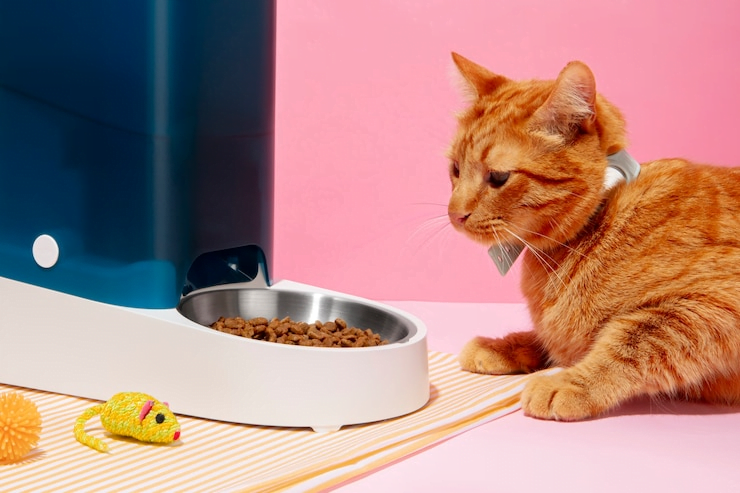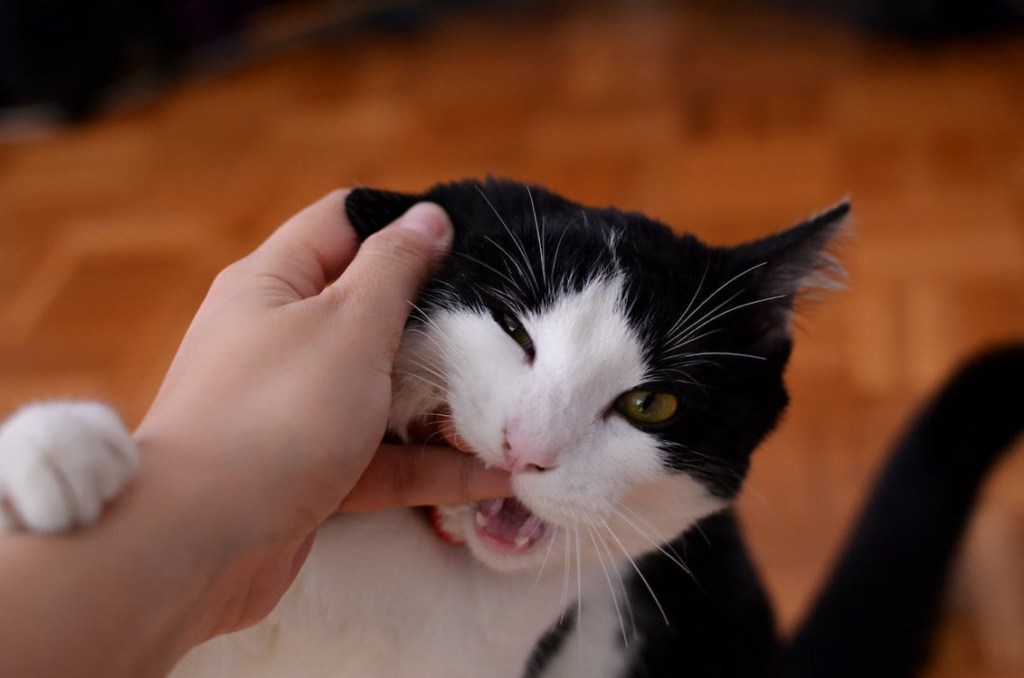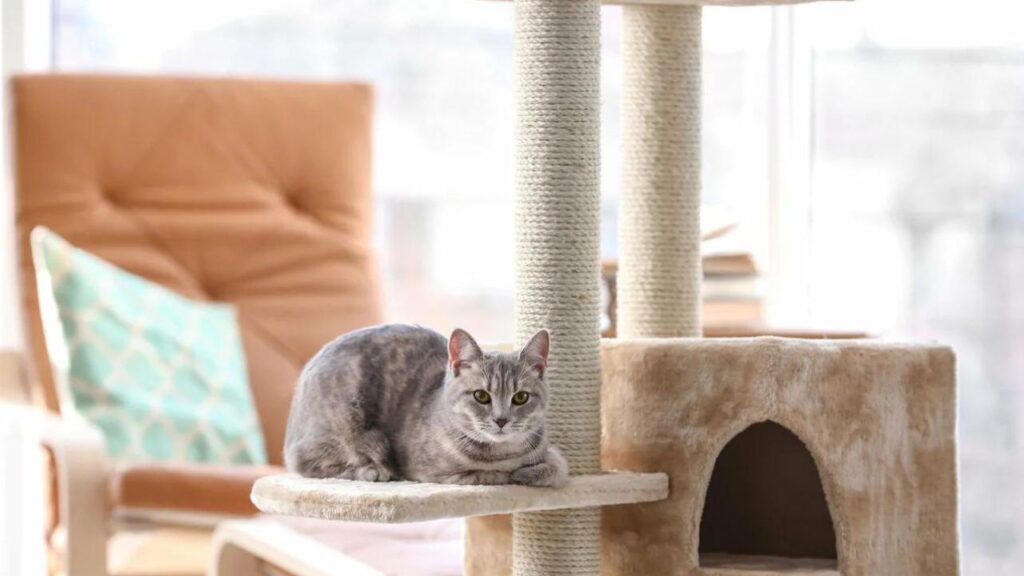As cat owners, we often find ourselves concerned about the smallest changes in our furry companions. One such change that can be quite alarming is when a cat’s ears feel unusually hot. While it is easy to panic, it is crucial to understand the various reasons behind this phenomenon. In this article, we delve into the potential causes of hot ears in cats, what they might signify about your cat’s health, and when it is time to seek veterinary advice.

Why Are My Cat’s Ears Hot
Have you ever noticed your cat’s ears feeling unusually warm? This might spark a sense of concern, making you wonder if it’s something to worry about. Understanding why your cat’s ears are hot and knowing what steps to take can help you ensure your furry friend’s well-being. Let’s explore the reasons behind this phenomenon and what actions you should consider.
Normal Body Temperature in Cats
Firstly, it’s important to understand that cats naturally have a higher body temperature than humans. While our normal temperature hovers around 98.6°F (37°C), a healthy cat’s body temperature ranges from 100.4°F to 102.5°F (38°C to 39.2°C). Therefore, what feels hot to us might just be normal for them.
Normal Variations in Ear Temperature
Before jumping to conclusions, it is essential to recognize that a cat’s ear temperature can naturally vary throughout the day. Cats do not sweat like humans do, and their ears can act as a heat regulator, dispersing heat from their bodies. External factors such as warm weather, physical activity, and even stress can cause temporary increases in ear temperature. It is crucial to distinguish between normal variations and symptoms of underlying health issues.
- Environmental Factors: One of the most common reasons for hot ears is simply the ambient temperature. If your cat has been lounging in a sunny spot or near a heater, its ears can become warm. Similarly, after a vigorous play session or chasing their favorite toy, a cat’s body temperature may rise, causing the ears to feel hot to the touch.
- Stress and Excitement: Just like humans, cats can experience heightened body temperatures when they are excited or stressed. A visit to the vet, a new pet in the household, or even loud noises can trigger stress-induced hyperthermia in cats, which may be reflected in warmer ears.
Medical Reasons for Hot Ears
While environmental factors and stress are often harmless causes of hot ears, it is essential to consider medical conditions that may require attention. Here are some potential health issues that could cause your cat’s ears to feel hot:
1 Fever
Fever in cats is one of the primary medical concerns when you notice hot ears. A fever is typically a sign that the cat’s body is fighting an infection or inflammation. Besides hot ears, symptoms of fever may include lethargy, loss of appetite, and a decrease in grooming. If you suspect your cat has a fever, it is important to use a rectal thermometer for an accurate reading and consult your veterinarian.
2 Infections
Both bacterial and fungal infections can cause a cat’s ears to become hot. Otitis externa, an infection of the outer ear canal, is a common issue in cats. Symptoms include ear discharge, a foul smell, and frequent scratching or shaking of the head. Ear mites, tiny parasites that infect the ears, can also cause similar symptoms and result in hot, irritated ears.
3 Allergies
Cats, like humans, can suffer from allergies. Allergic reactions to food, pollen, dust, or even certain materials can cause inflammation, leading to increased blood flow and hotter ears. Additional symptoms might include itching, redness, and swelling.
4 Hyperthyroidism
Hyperthyroidism often affects our beloved older cats, disrupting their endocrine system. It results from an overproduction of thyroid hormones, leading to an increase in metabolic rate. Symptoms include weight loss despite an increased appetite, hyperactivity, and sometimes an elevated body temperature, which can manifest as hot ears.
5 Skin Conditions
Skin infections or inflammations such as dermatitis can affect the ear area, causing them to feel hot. Dermatitis can result from a variety of causes, including parasites, infections, and allergic reactions.
When to See a Veterinarian
While occasional hot ears due to environmental factors are generally not a cause for concern, persistent or recurring hot ears should not be ignored. It is important to observe other signs and symptoms that may accompany the hot ears. If your cat displays any of the following symptoms, it is time to seek veterinary advice:
- Persistent fever
- Unusual lethargy or fatigue
- Loss of appetite
- Vomiting or diarrhea
- Noticeable pain or discomfort
- Discharge or foul odor from the ears
- Excessive scratching or shaking of the head
What Should You Do?

- Observe and Assess
First, observe your cat’s overall behavior. Are they eating, drinking, and playing normally? If your cat seems happy and active, occasional warm ears are likely not a cause for concern. - Check for Other Symptoms
Look for additional symptoms such as lethargy, loss of appetite, or visible signs of discomfort like scratching or shaking their head. These can indicate an underlying issue that needs attention. - Environmental Adjustments
Ensure your cat isn’t exposed to extreme heat for extended periods. Provide a cool, comfortable environment, especially during hot weather. - Consult a Veterinarian
If you notice persistent warmth in the ears along with other concerning symptoms, it’s crucial to seek veterinary advice. Early detection and treatment can prevent more serious health problems.
Preventive Measures and Home Care
- Maintain a Comfortable Environment
Ensure that your cat has access to a cool, shaded area, especially during hot weather. Avoid overexposing them to direct sunlight or warm environments for extended periods. - Regular Health Checkups
Regular veterinary visits are crucial for early detection and management of potential health issues. Routine checkups can help identify underlying conditions that might cause symptoms such as hot ears. - Balanced Diet
A well-balanced diet that meets all nutritional requirements can help maintain your cat’s overall health. Discuss with your veterinarian to choose the best diet plan for your cat, especially if they have known allergies or health conditions. - Hygiene and Grooming
Regular grooming and cleaning of your cat’s ears can prevent infections and detect any early signs of trouble. Use vet-approved ear cleaning solutions and be gentle to avoid causing irritation. - Stress Management
Minimize stress by providing a stable and calm environment. Use stress-relief products like calming sprays, diffusers, or supplements as recommended by your veterinarian.
Understanding the reasons behind hot ears in cats is crucial for ensuring their well-being. While hot ears can often be attributed to harmless environmental factors, they can also indicate underlying health issues that require attention. By monitoring your cat’s overall behavior and health, maintaining regular vet visits, and providing a balanced diet and stress-free environment, you can help keep your feline friend healthy and happy.
FAQs
Can hot ears in cats be a sign of stress?
Yes, stress can cause various physical reactions in cats, including an increase in ear temperature. Identifying and reducing stressors can help.
What are common signs of an ear infection in cats?
Signs include hot ears, excessive scratching, shaking of the head, a foul odor, and discharge from the ears.
Is it normal for a cat’s ears to be warm after playing?
Yes, physical exertion can cause your cat’s ears to













